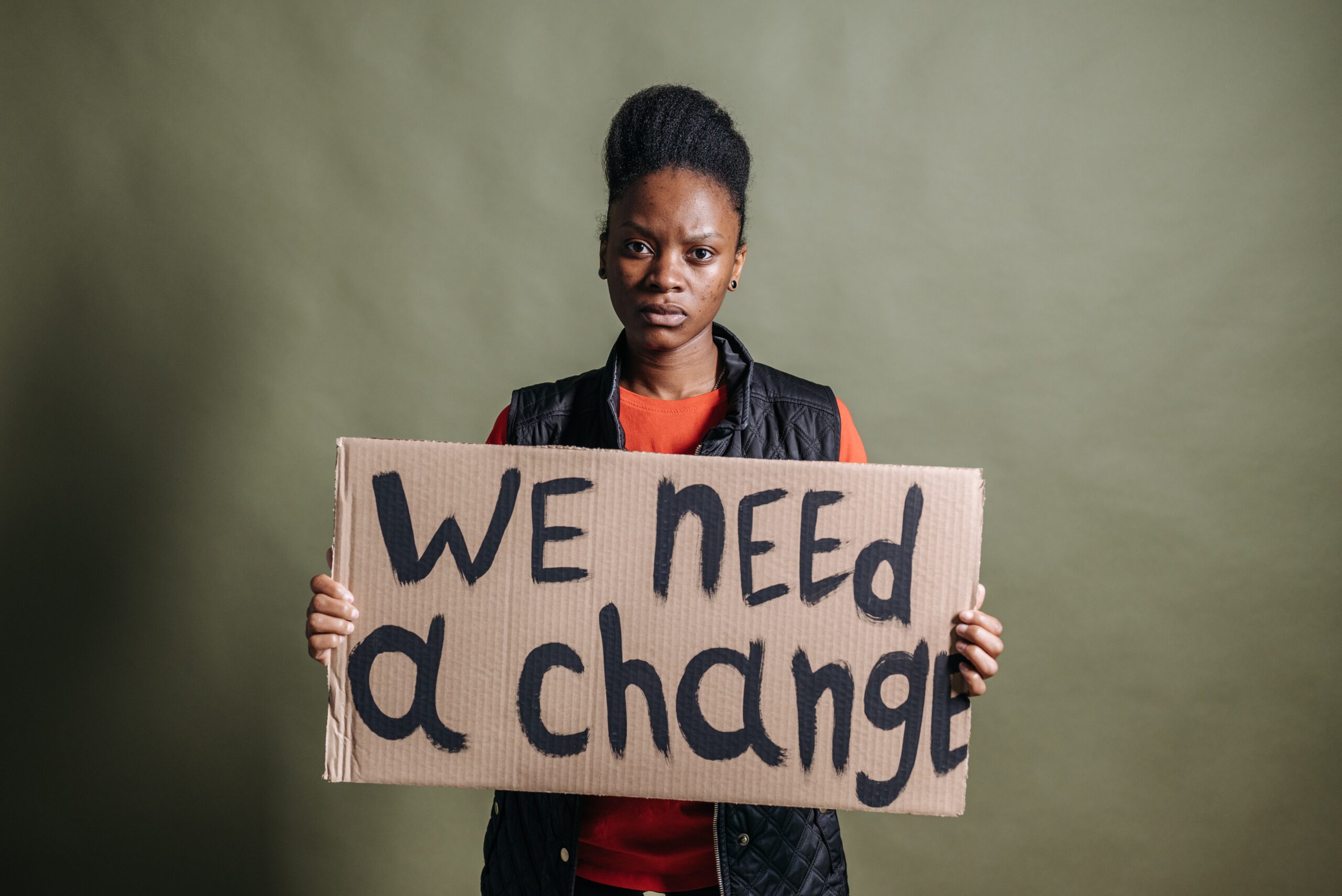Groundbreaking Workshop on AI and Technology-Facilitated Gender-Based Violence at AWiM24
Trending
Saturday May 31, 2025
Trending

“I didn’t know if my dreams would be stopped and interrupted, with no chance to make decisions in my life and was not given a chance to express myself at home, men in the family were the only ones with power to make decisions.”
This was the fate of Suzana Mapo, a Tanzanian woman, has who experienced negative cultural beliefs leading to a forced marriage.
Mapo said the oppressive traditions and cultural beliefs have caused her mental health issues. The feelings of being unheard, and unable to make decisions have caused her to feel isolated in many ways.
In a 2019 report by JSI, in Tanzania, nearly one in three girls experience a form of sexual violence before turning 18. Almost four in 10 women have experienced physical violence, five women over age 15 report experiencing sexual violence, and one in five women over the age of 15 report experiencing sexual violence in her lifetime, increasing her chances of contracting HIV.
Mapo experienced forced marriage when she was 19 years old with no choice but only to listen to her parents thereby abandoning her dreams of joining university.
Her dreams melted when she was seven years of age when her father told her that she should leave the school because she spends a lot of money with no return on investment.
“Whenever I remember that statement, my heart pains,” she says, “Later I found that I wasn’t the only one, many girls are not in school and some have been forced into marriage.”
Like any determined young girl, she wanted to achieve more in her studies. Now that she could no longer do that whilst her brother, on the other hand, continued with his education: “Now he is a secondary school teacher,” Mapo reveals.
After getting married, Mapo thought of asking her husband to allow her to engage in small business but he refused and slapped her.
“I suffered so much mentally and was heartbroken at my reality,” the survivor of gender-based violence reveals adding that she got depressed.
Surviving years of oppression in her life, Mapo tells us how she felt alone, useless and broken to the stage she no longer saw use of living.
“So many things broke me and tormented me like when my dad stopped me from returning home and instructed that I should keep cooking for my spouse and washing up utensils when I tried to escape from abuse.”
Suzana later met Modesta Mselewa, a woman who introduced her to a radio station she founded to combat challenges affecting women, Storm FM. The station’s mission is to educate listeners about how the patriarchal system affects women and its oppressive customs.
Modesta Mselewa decided to establish a radio station in Geita with the aim of eradicating sexual violence within the community.
“To end the patriarchal system in Africa, I have various radio programmes like ‘Heroic woman’ and ‘Today Woman’ that protect women and girls by elevating their voices” Mselewa explains, “We also help by educating communities from bad cultural traditional beliefs.”
Through the radio programmes, Mapo managed to get more information essential for her safety, protection and recovery.
According to UN Women, violence negatively affects women’s general well-being and prevents women from fully participating in society. It impacts their families, their communities, and the country at large. It has tremendous costs, from greater strains on health care to legal expenses and losses in productivity.
A sociologist from Tanzania, Hamduni Maliseli explains that ” bad cultural traditional beliefs which favour the male gender, affect women by limiting their ability to care for themselves and their children.”
Jiwa Hassan a psychologist from Tanzania explains the consequences resulting from gender-based violence that are widely spread across African countries
“A person can experience psychological effects leading to depression, as a result, commit suicide due to gender based-violence, a person’s statement can destroy human dignity, as a result, violate human Rights by humiliating him or her, like saying women can’t do anything is psychological abuse and bullying,” he stated.
He added that education must be provided, and community organisations and families must be responsible for these to uproot negative cultural beliefs.
“Bad cultural beliefs are one of the reasons associated with suicide risk in all age groups and are also used to undermine women and girls in decision-making processes which leave them isolated from the family level to society,” he states.
He said awareness can be raised to educate families and communities about gender inequality.
UN Women states that multiple sectoral services are essential for women and girls’ safety, protection and recovery.
Important progress has been made in the elimination of Violence against women and girls as women are increasingly entering workforces and starting businesses. The gains were especially dramatic in the ability of women to start a job whereas previously, oppression when it comes to decision-making would have prevented them from doing so.
According to World Bank 2020, legal rights for women are both the right thing to do and good from an economic perspective. Reforms and policies that empower women boost economic growth. When women can move more freely, work outside the home and manage assets, they’re more likely to join the workforce and strengthen the economy.
Changes in social and cultural beliefs that single out women are a necessary start that will allow gender equality to happen on a wider scale.
This article is part of the African Women in Media (AWIM) Graduate Trainee Programme in collaboration with Fojo Media Institute
We’re not gonna spam. We’ll try at least.

Copyright 2020. African Women In Media
Copyright 2020. African Women In Media
Recent Comments